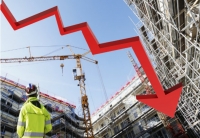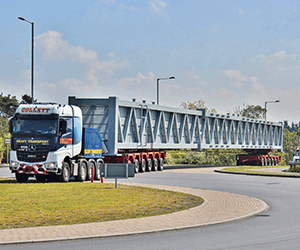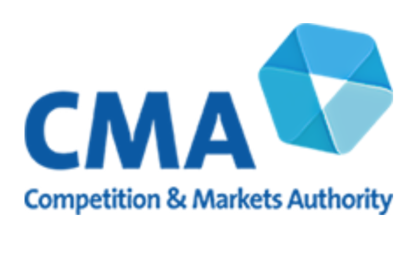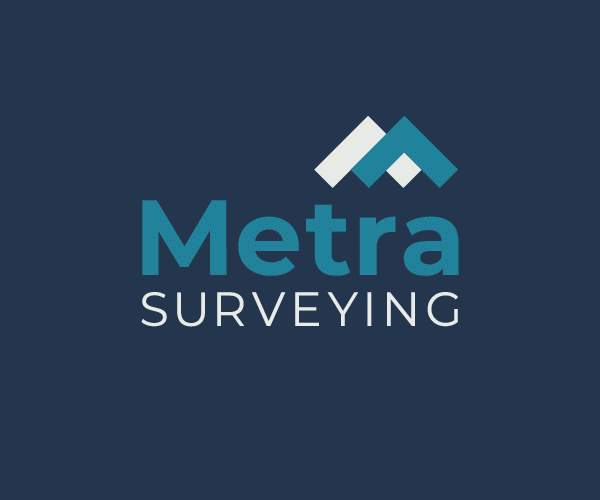Yesterday Chancellor Rishi Sunak announced the next economic steps to help the self-employed. The Self-employment Income Support Scheme (SEISS) will support self-employed individuals (including members of partnerships) whose income has been negatively impacted by COVID-19. The scheme will provide a grant to self-employed individuals or partnerships, worth 80% of their profits up to a cap of £2,500 per month. HMRC will use the average profits from tax returns in 2016-17, 2017-18 and 2018-19 to calculate the size of the grant. The scheme will be open to those where the majority of their income comes from self-employment and who have profits of less than £50,000. The scheme will be open for an initial three months with people able to make their first claim by the beginning of June. For guidance on eligibility for the scheme, click here. You can read answers to FAQs on the scheme here.
CITB To Suspend Levy For Three Months
CITB’s board met on Wednesday (March 25) and gave final approval to suspend the issue of its levy bills, due for payment in 2020, for an initial period of three months. The bills will subsequently be issued for the full year. The delay will provide immediate financial relief to construction employers during the coronavirus crisis. In normal times CITB assesses and sends out levy bills each April in accordance with legal requirements. CITB levy bills are usually due for payment in May, but CITB will not seek collection on the suspended bills until August, or later if possible. You can read industry response to this welcome news here.
Business Closures and Stay at Home – UK Government guidance
To reduce social contact and help stop the spread of coronavirus, the UK Government has ordered certain businesses and venues to close. A list of these businesses can be found here. With the exception of these organisations, the UK Government has not required any other businesses to close – it is important for business to carry on.
Where businesses continue to open, employers should take every possible step to facilitate their employees working from home. Certain jobs require people to travel to their place of work – for instance if they operate machinery, work in construction or manufacturing, or are delivering front line services. If your employees cannot work from home then they can still travel to work, provided they are well and no one in their household is self-isolating.
Employers who have people in their offices or onsite should ensure that employees are able to follow Public Health England guidelines including, where possible, maintaining a 2 metre distance from others, and washing their hands with soap and water often for at least 20 seconds (or using hand sanitiser gel if soap and water is not available). Where that is not possible, and there are many types of job where that will be challenging, the PHE/Chief Medical Officer Advice is that it is okay to come to work.
A list of frequently asked questions alongside the appropriate guidance can be found here.
Tax Helpline To Help Support Businesses Affected By Coronavirus
HMRC has a set up a phone helpline to support businesses and self-employed people concerned about not being able to pay their tax due to coronavirus (COVID-19). The helpline allows any business or self-employed individual who is concerned about paying their tax due to coronavirus to get practical help and advice. Up to 2,000 experienced call handlers are available to support businesses and individuals when needed. If you run a business or are self-employed and are concerned about paying your tax due to coronavirus, you can call HMRC’s helpline for help and advice: tel. 0800 024 1222.
Support the fight against Coronavirus
The UK Government has asked industry to offer support to those fighting coronavirus. If your business can offer support in any of the following circumstances:
- Protective equipment for healthcare workers, such as masks, gowns, and sanitiser;
- Hotel rooms;
- Transport and logistics, for moving goods or people;
- Manufacturing equipment;
- Warehouse or office space, for medical use or storage;
- Expert advice or consultancy on IT, manufacturing, construction, project management, procurement, or engineering;
- Social care or childcare;
- Community support.
Please use this link to offer your help.
| Your feedback is vital – new survey 23 March
The construction industry’s federations are in regular dialogue with representatives from the UK Government to discuss the impact of Covid-19. To support this work we need feedback from businesses as to how they are affected by the pandemic. Please take 5 minutes to fill in this survey to ensure that this work is supported by the most up-to-date feedback from industry. The new survey can be found here. |
The Briefing has been prepared in collaboration between the industry’s leading trade and representative bodies: Association for Consultancy & Engineering, Builders Merchant Federations, Build UK, Chartered Institute of Building, Civil Engineering Contractors Association, Construction Industry Council, Construction Plant-hire Association, Construction Products Association, Electrical Contractors Association, Federation of Master Builders, National Federation of Builders, and Institution of Civil Engineers. We are grateful to Building, Construction Enquirer, Construction Manager, Construction News, Highways, Infrastructure Intelligence, and New Civil Engineer for support in distribution to the wider industry.

 (590 × 200px) - Dec 24.gif)





















































.gif)

